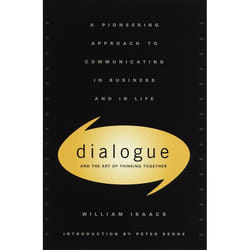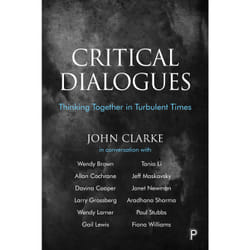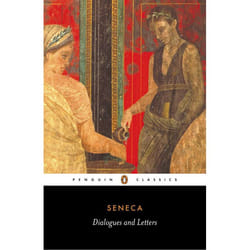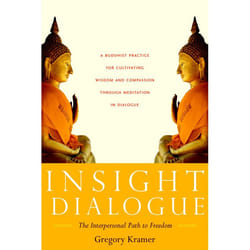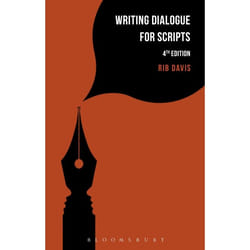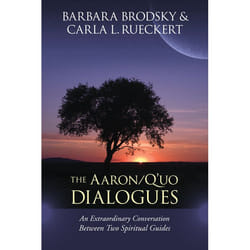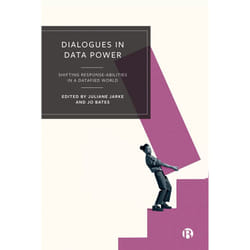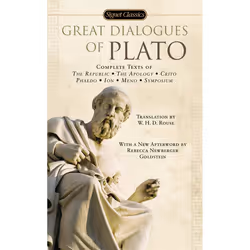
ISBN Great Dialogues of Plato
ISBN Great Dialogues of Plato, Classics, English, Mass Market Paperback, 672 pages
Similar Products
Product Information
Great Dialogues of Plato
“Plato is philosophy, and philosophy, Plato.”—Emerson
The Republic and other great dialogues by the immortal Greek philosopher Plato are masterpieces that form part of the most important single body of writing in the history of philosophy. Beauty, love, immortality, knowledge, and justice are discussed in these dialogues, which magnificently express the glowing spirit of Platonic philosophy.
Translated by W. H. D. Rouse, one of the world’s most outstanding classical scholars and translator of Homer’s The Odyssey and The Iliad, this volume features the complete texts of seven of Plato’s most revered works.
“In Rouse’s pages Socrates’ strength of mind, his dedication to philosophical truth, are borne in on the modern reader with something of the power that impressed and disturbed the ancient Greeks.”—Time
About author(s)
Plato, with Socrates and Aristotle, is the founder of the Western intellectual tradition. Like his mentor Socrates, he was essentially a practical philosopher who found the abstract theory and visionary schemes of many contemporary thinkers misguided and sterile. He was born about 429 BCE in Athens, the son of a prominent family that had long been involved in the city’s politics. Extremely little survives of the history of Plato’s youth, but he was raised in the shadow of the great Peloponnesian War, and its influence must have caused him to reject the political career open to him and to become a follower of the brilliantly unorthodox Socrates, the self-proclaimed “gadfly” of Athens.
Socrates’ death in 399 BCE turned Plato forever from politics, and in the next decade he wrote his first dialogues, among them Apology and Euthyphro. At age 40, Plato visited Italy and Syracuse, and upon his return he founded the Academy-Europe’s first university—in a sacred park on the outskirts of Athens. The Academy survived for a millennium, finally closed by the emperor Justinian in 529. Plato hoped his school would train its pupils to carry out a life of service and to investigate questions of science and mathematics. Plato’s old age was probably devoted to teaching and writing, he died in Athens in 348 BCE.
Customer Reviews
Share your opinion on the product or read reviews from other members.




